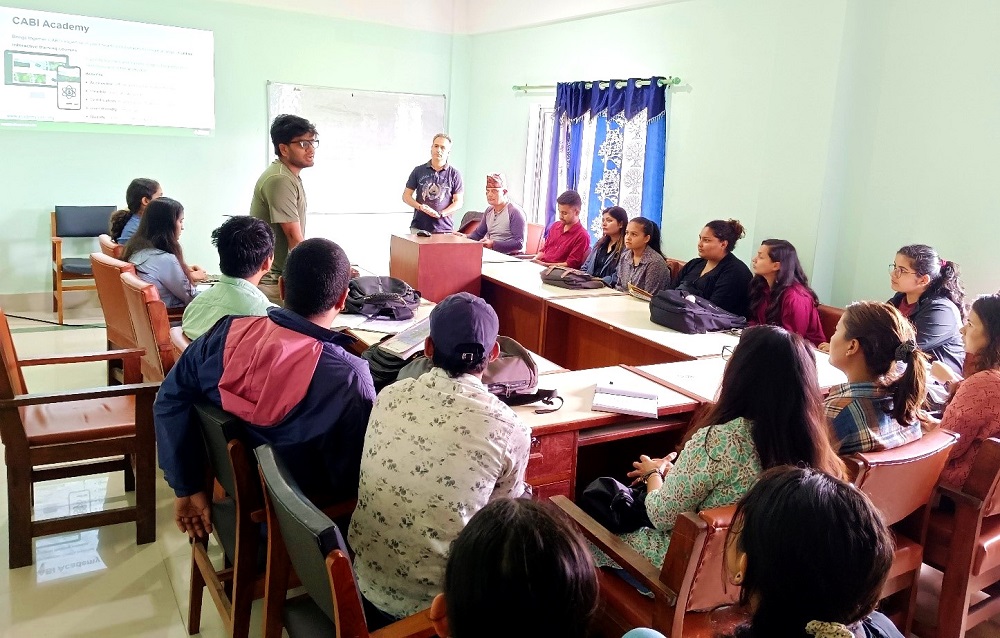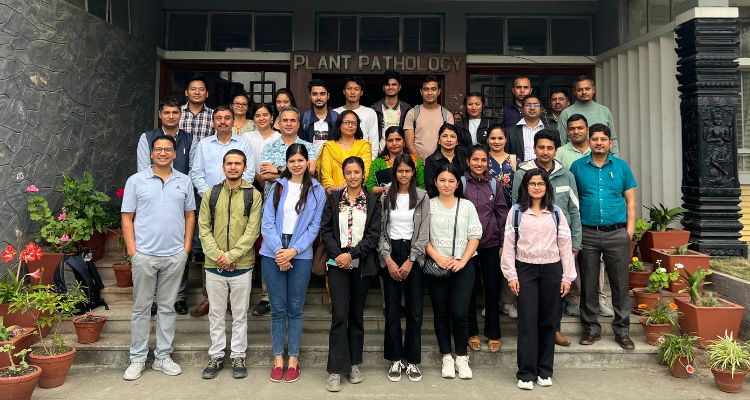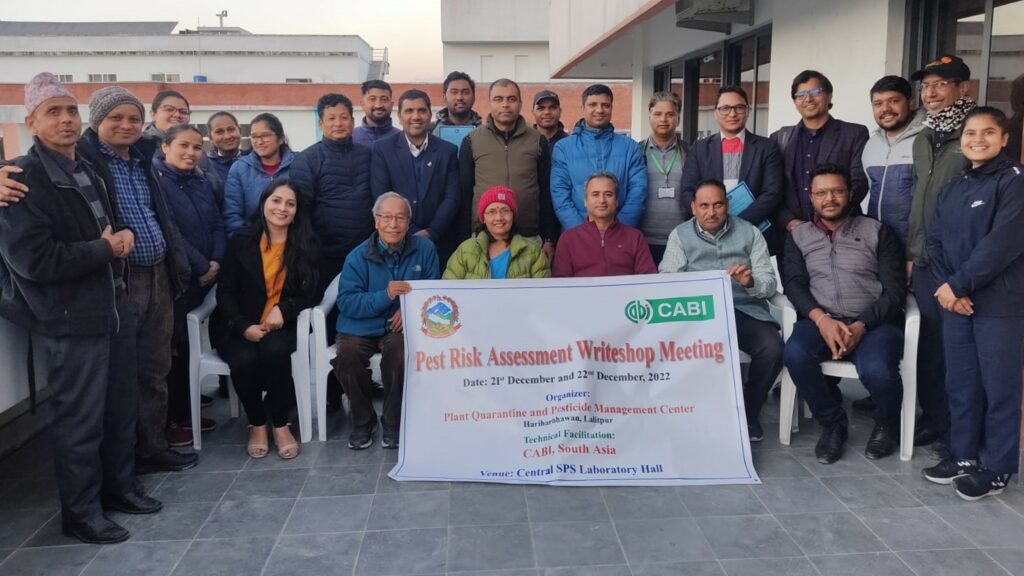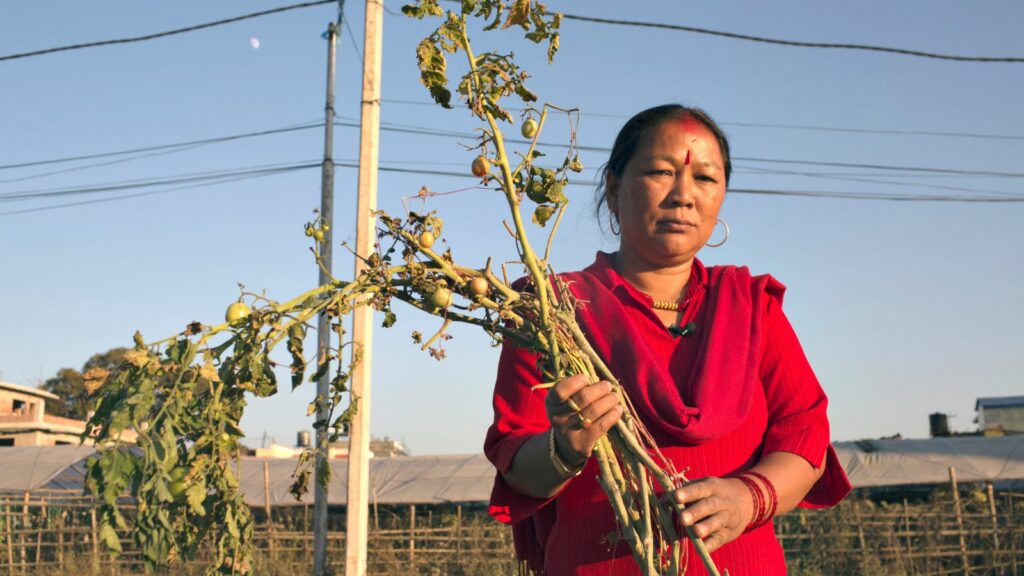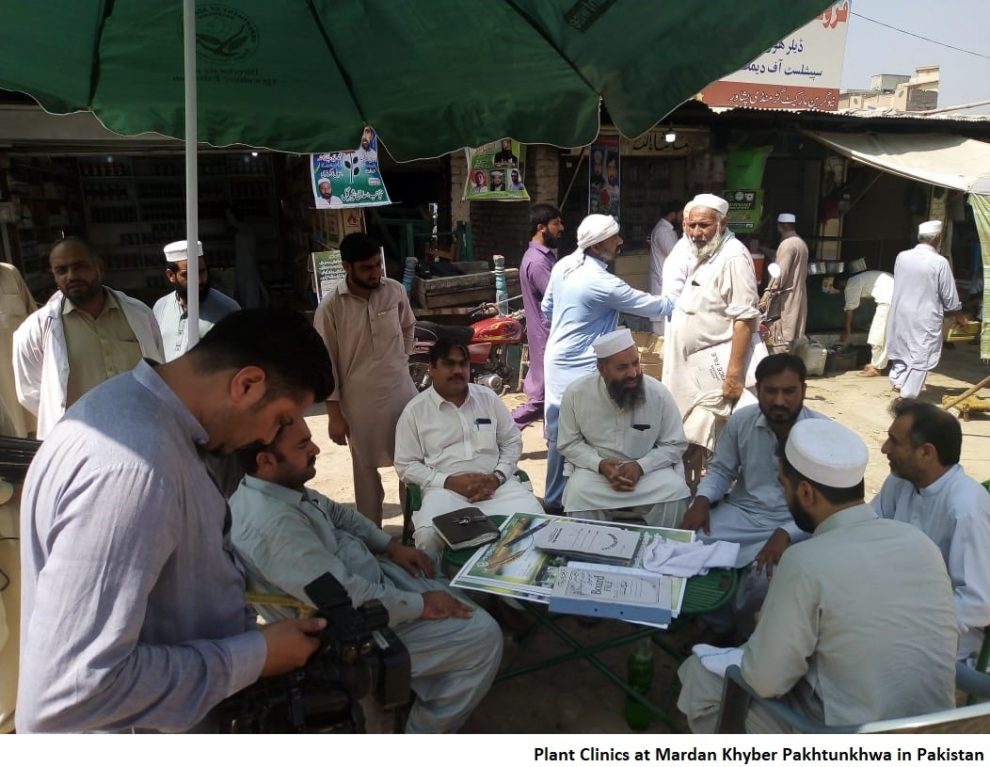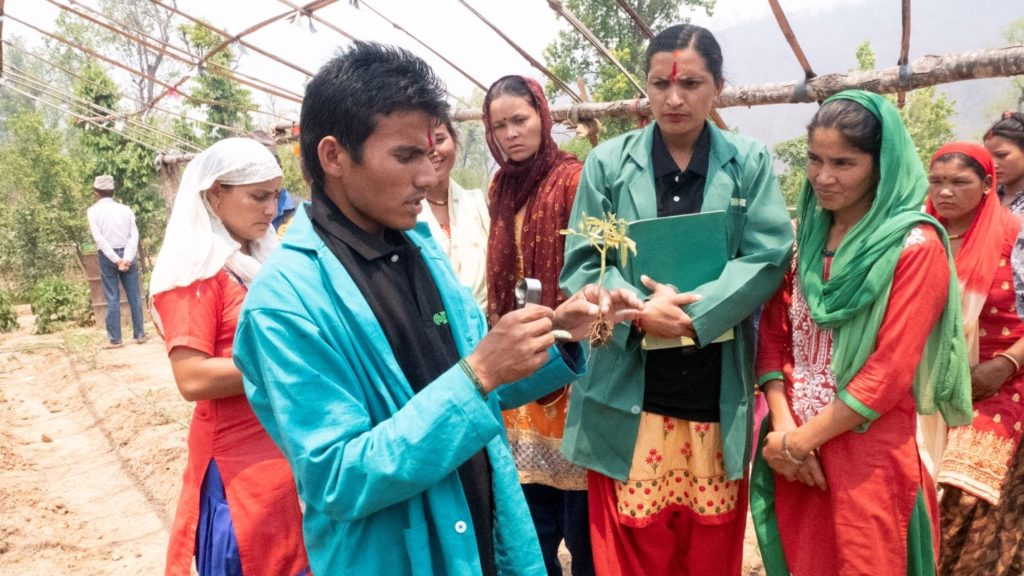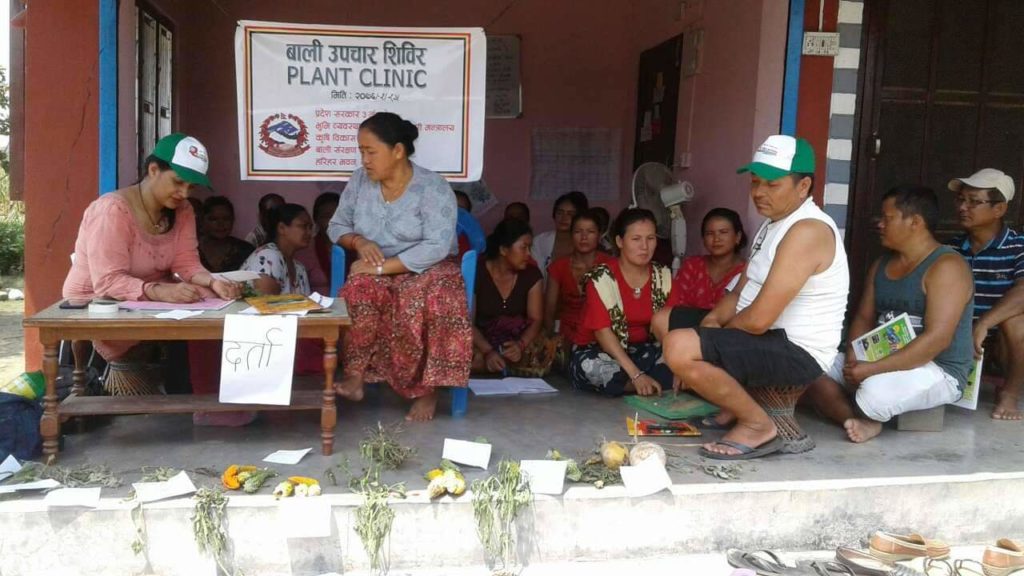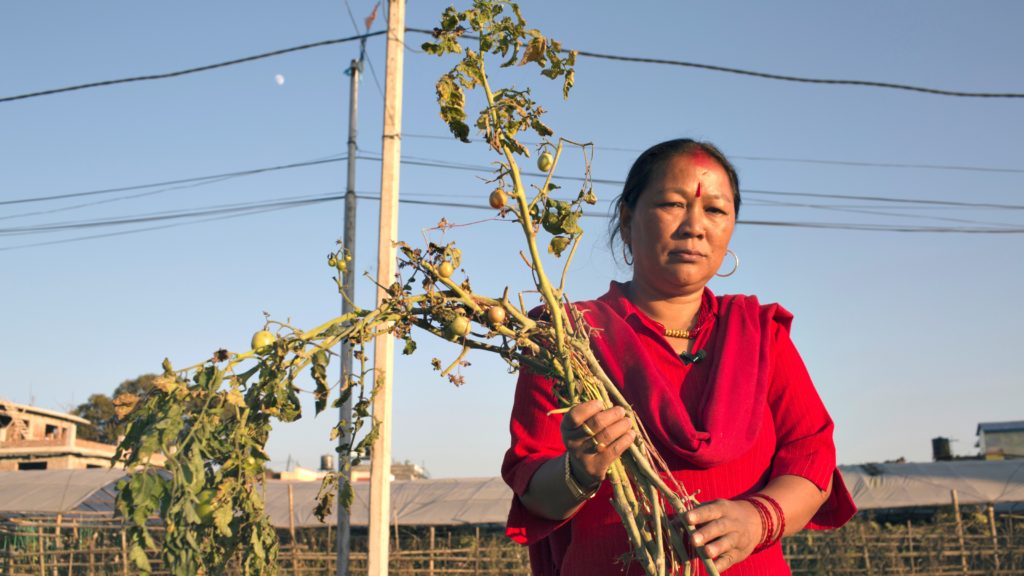Asian Farmers Consult Vibrant E-Plant Clinic Network In Pandemic Times
This article was originally published on aesa – Agricultural Extension in South Asia E-Plant clinics are meeting places where local agricultural advisory officers, known as plant doctors, help farmers struggling with plant pests and diseases. During the COVID-19 pandemic, plant clinics continued to provide advisory services to farmers by going online. Malvika Chaudhary shares her…
Developing ‘last mile’ extension services with Plantwise in Nepal
In Nepal, the Community Business Facilitator (CBF) plant doctor programme is a successful pilot. Linking with the private sector, it reaches those in remote rural areas – or ‘last mile’ communities – with plant protection services, substantially increasing incomes and reducing losses for smallholder farmers. The CBF plant doctors conduct clinics at their own cost…
Farmers helping farmers to solve crop problems in Nepal
A farmer has to organize a thousand things before getting the final returns from the crop they planted. Choosing the right season and variety of crop, managing the labour forces during the critical crop periods, water management or waiting for rainfall, crop nutrient management, harvesting the crops, managing the post-harvest losses, and then finally selling…
Plantwise successes revealed in Impact Story Competition
The successes of smallholder farmers in Nepal, Uganda and Kenya – thanks to help from CABI – have become the focus of the Plantwise Impact Story Competition won by three extension workers who helped them combat crop pests and diseases. Debraj Adhikari, a Senior Plant Protection Officer from Nepal, plant doctor Mubunga Joshua from Uganda…
- « Previous
- 1
- 2
- 3
- Next »

